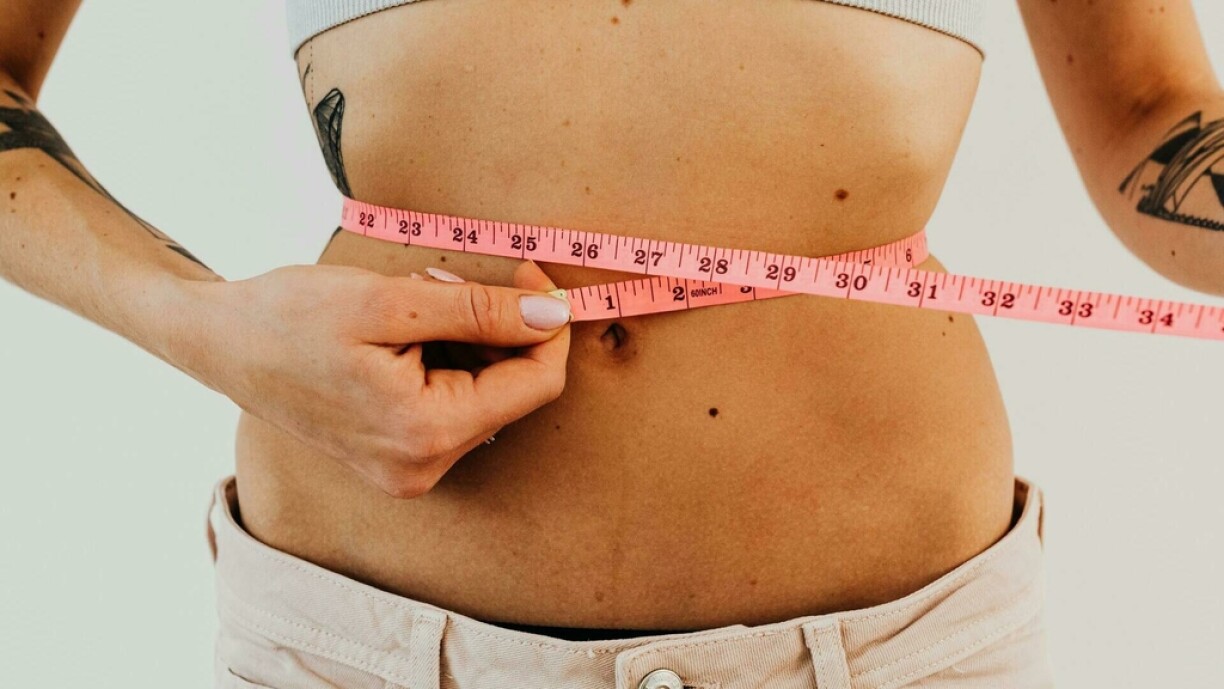
Over the last decade or so, we’ve seen the term body positivity everywhere–plastered across social media, featured in ad campaigns, and hashtagged into oblivion. It’s often dismissed as just another online buzzword, one that is way too overused.
But body positivity isn’t a recent internet invention. It actually has its roots in the fat rights movement of the 1960s, a movement that advocated for the rights and dignity of marginalised, fat, Black, queer, and disabled bodies.
At its core, body positivity is about radical acceptance: the belief that all bodies are beautiful and worthy of respect. It aims to challenge the self-hatred that so many of us–especially women–internalise from a young age.
That shame we carry for existing in ‘imperfect’ bodies (or rather, bodies deemed imperfect by society’s ever-changing standards) and it is a shame that runs deep. We’re told our bodies are too big, too saggy, too hairy, too lumpy.
Margaret Atwood put it chillingly well when she said, “You are a woman with a man inside watching a woman.” Even when no one is watching, we observe and critique ourselves from an external, often patriarchal lens.
That inner gaze – so critical, so unrelenting – shapes how we feel in our skin.
So yes, body positivity began as a much-needed rebellion against this. A way to say: “Look, I have stretch marks, cellulite, scars, rolls–and I’m still worthy.” Social media helped spread that message, with people proudly displaying what they were once taught to hide.
But somewhere along the way, the movement went off-rail. Corporations, for example, swooped in and suddenly brands were patting themselves on the back for featuring ‘real’ women in ads–women who, let’s be honest, were still thin, still conventionally attractive, still airbrushed. Body positivity became marketable. Another thing to sell and another aesthetic to curate.
Beyond that, the term itself became problematic. It began to preach relentless positivity – a kind of forced self-love. We were told to always embrace our bodies, to celebrate every dimple, every scar, every perceived flaw.
And honestly? That’s exhausting. Not because self-love is bad, but because always being positive about your body all the time isn’t realistic.
This all hit home for me after something that happened just this past week. I was walking past a terrace when a man–completely unprompted–commented on my legs, saying to his friend that they looked “too big”. I was, as you can imagine, extremely upset.
But once the anger wore off, I realised something: his comment didn’t just upset me – it disrupted my own fragile positivity. It shattered the image I’d tried so hard to cultivate these past few years, the one where I loved my body no matter what.
And that’s when I realised: maybe I don’t need to love my body all the time. Maybe I just need to live in it. That’s where body neutrality comes into play.
Body neutrality, a better solution?
Popularised by author Anne Poirier, body neutrality takes the pressure off. It tells us we don’t need to wake up and feel amazing about every roll, every imperfection. It acknowledges that, after decades of social conditioning, it’s okay to not feel great about how we look all the time.
Body neutrality shifts the focus from how our bodies look to what they do. It allows us to exist without the constant performance of confidence, it allows us to approach our bodies with kindness and to put emphasis on our rich inner lives as well.
It invites us to say: “My body is not perfect but that’s OK. It’s not good, and it’s not bad. It just is.”
And honestly, that feels more freeing. We don’t need to pour endless amounts of positivity into our reflections. We don’t need to celebrate every inch of ourselves if we’re not feeling it. We’re allowed to just be.
This is especially important for women–whose bodies have been scrutinised, sexualised, and commodified for centuries. Wanting to change how we look doesn’t make us bad feminists. Wanting to gain or lose weight doesn’t make us weak.
We are more than our appearance, and we’re allowed to hold conflicting feelings about our bodies without shame, just as we are allowed to celebrate our bodies!
I get that body positivity was born from a place of healing. But somewhere along the way, it started to feel like another obligation–another way to be ‘perfect’. It’s quite ironic, as in trying to reject beauty standards, we created a new kind of pressure.
Body neutrality, to me, is a gentler path. One that says: you don’t have to love or hate your body. You can just not think about it all the time. You can appreciate what it allows you to do. You can step back from the mirror. You can just live and exist.
And in a time when social media trends like ‘SkinnyTok’ are glorifying extreme thinness to millions, that’s even more important. But that’s a whole other can of worms I’m not ready to open…at least not today.
Read also – Opinion: Dear all, how young I look or don’t look is none of your business